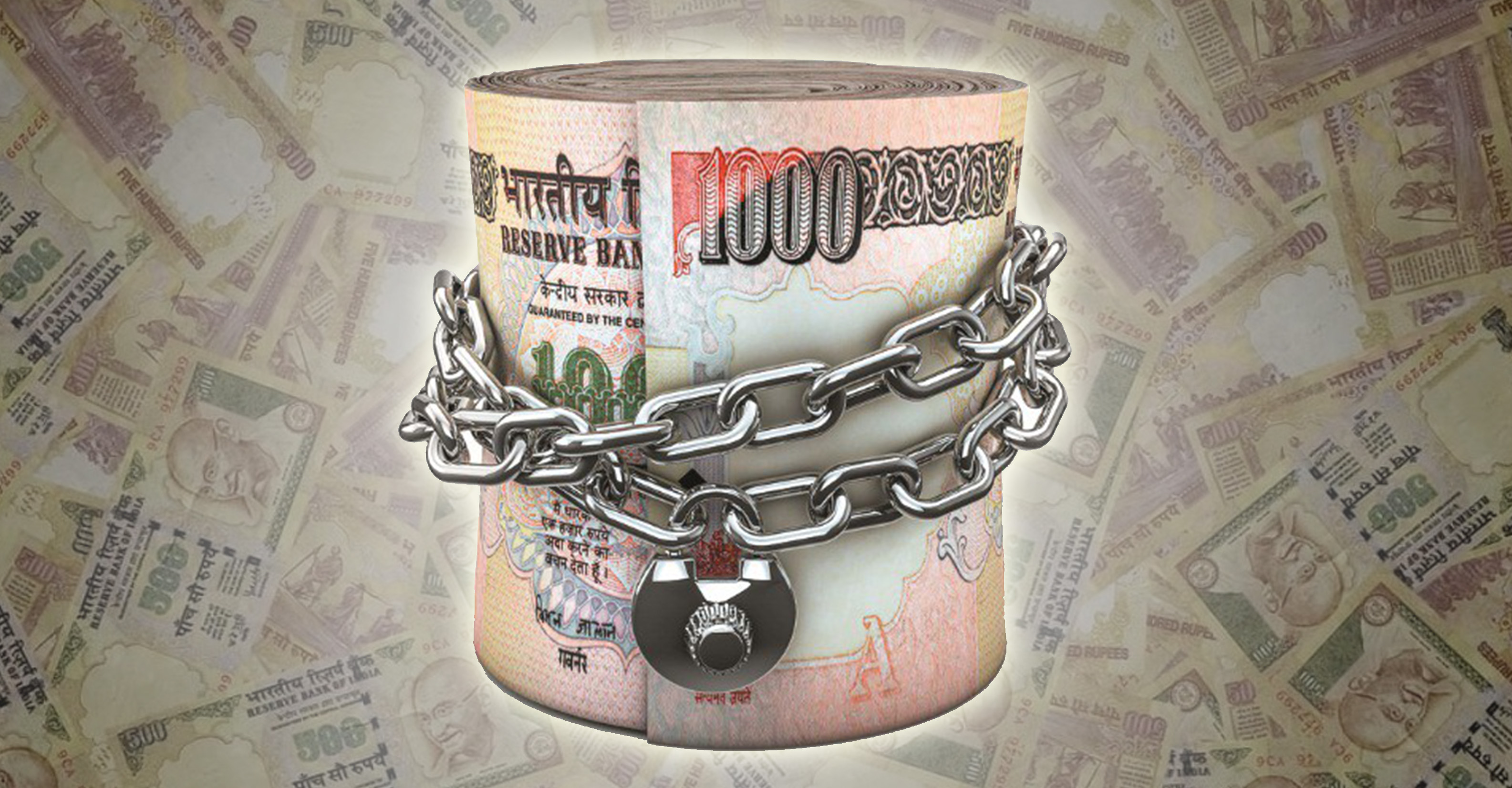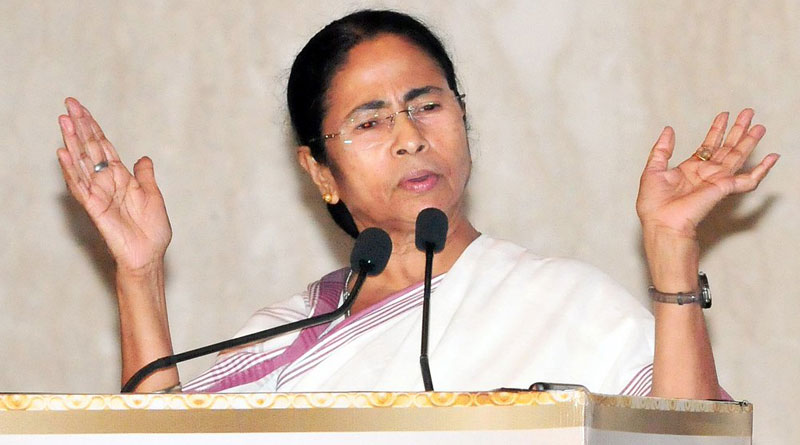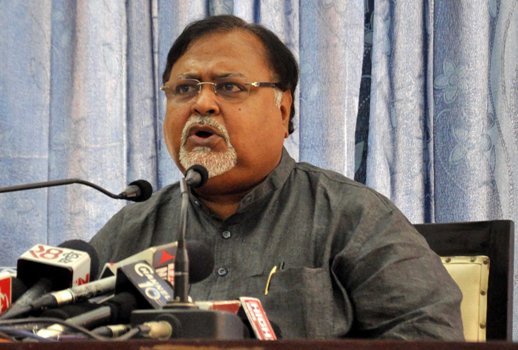1. While we are strongly against black money and corruption, we are deeply concerned about the common people, the small traders. How will they buy essentials tomorrow? This is financial chaos, disaster let loose on the common people of India. He (the Prime Minister) could not get back the promised black money from abroad, hence so much drama.
2. We want to know from the Prime Minister how our poorest brothers and sisters, who’ve received their week’s hard-earned wages in one Rs 500 notes, will buy atta, rice, etc. tomorrow. This is a heartless and ill-conceived blow to the common people, middle class, agricultural cooperatives, tea garden workers, unorganised labour sector, shopkeepers, farmers and small businesses. All will suffer. There will be deaths due to starvation.
3. Trinamool means ‘grassroots’. Trinamool Congress is the voice of the people. More than 150 people have died. Lives have been ruined irrespective of caste, community and creed. This is not merely an inconvenience, this is the killing of the economy.
4. During a year, the three months from December to February are the most productive time for construction and development projects. Now everything is shut, progress is halted. The tea garden and jute mill workers are not receiving their salaries and are in distress. The transport sector has been hit.
5. The Centre has given exemption from demonetisation to all its sectors – railways, transport, petroleum – but the State Government-controlled agricultural cooperatives have not been permitted to exchange currency. This is not federalism; states have shut down.
6. Trinamool Congress raised the issue of black money in Parliament in 1998. Trinamool MPs staged a demonstration against black money both inside and outside Parliament in 2014. What is the Government doing about electoral reforms? We have been raising the issue of electoral reforms for two decades. Eighty per cent of donations received by parties are from ‘unknown sources’.
7. Demonetisation is a big black scandal. People are suffering. This is a grim situation. We have offered concrete suggestions. One of the suggestions offered is to allow old and new Rs 500 currency notes to function parallelly. If you had to keep demonetisation a secret, what prevented you from printing more Rs 100 notes and other smaller denominations?
8. Four out of five villages in India do not have a bank. We all want to have a cashless society. But 95 per cent of debit cards in India are not used to buy anything, only to withdraw cash. One minister may want to buy his vegetables and do his laundry with plastic, but not everybody can.
9. It is not that everyone who is opposing the government’s policy is supporting black money, is corrupt or anti-national. The Prime Minister thinks that he alone is the messiah and all of us are devils. We strongly oppose the Central Government because the poor are suffering and the economy is being killed off.
10. Try as you may, through your agencies, to hassle and harass us, it will embolden only our conviction to fight. You may even try to jail us, but that will only make our movement stronger because we are fighting for the people. This is not a political movement. This is a people’s movement.




